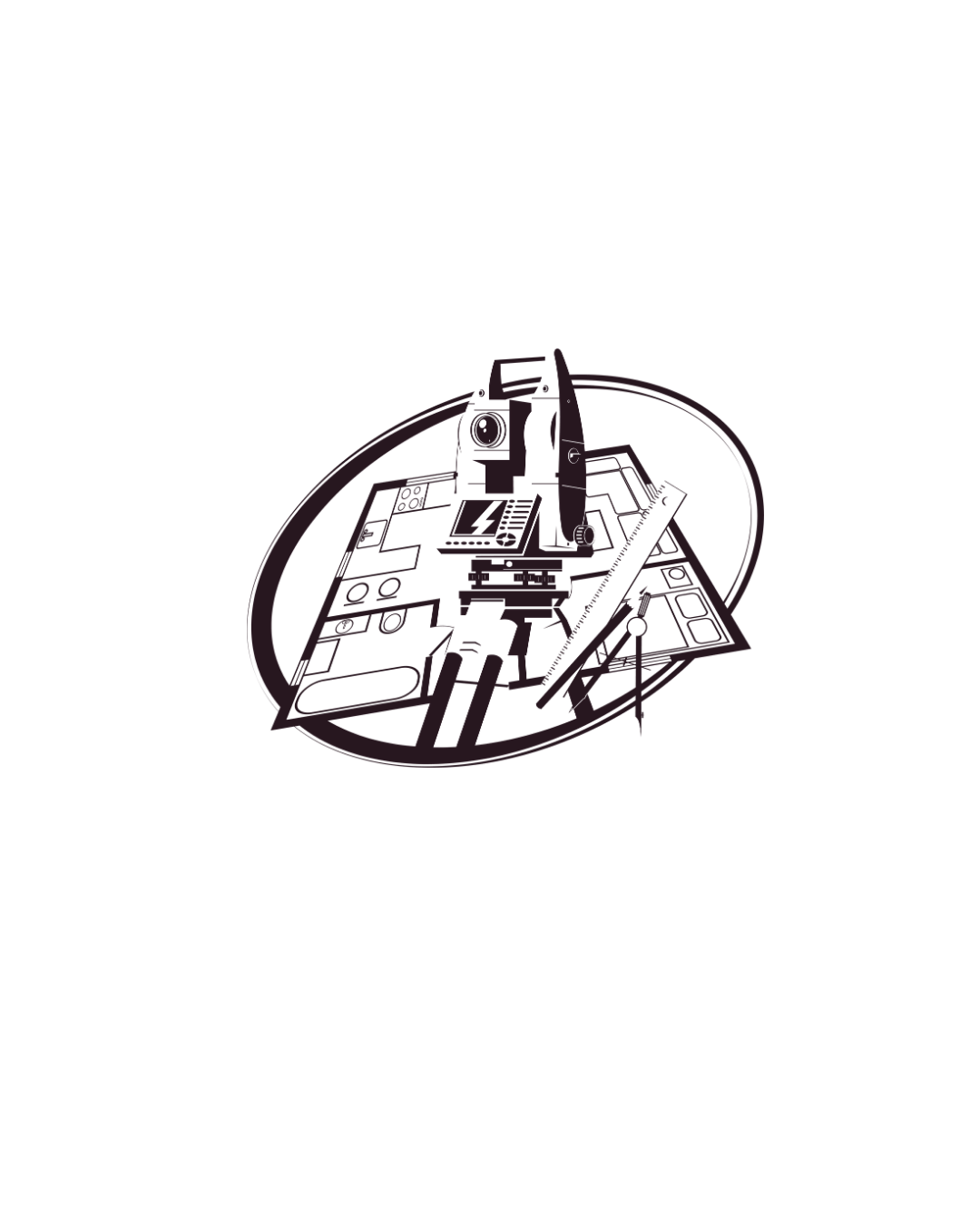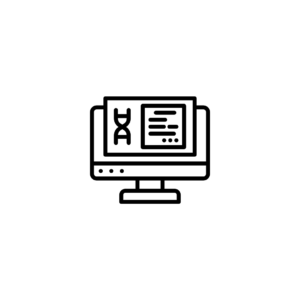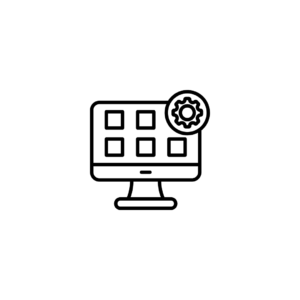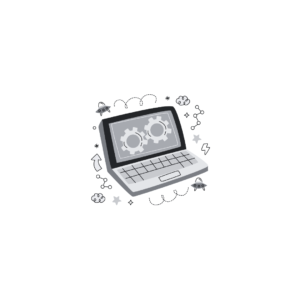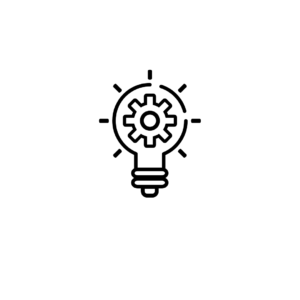Description
A Bachelor of Technology in Instrumentation Engineering (B.Tech in Instrumentation Engineering) is an undergraduate program that focuses on the design, development, and maintenance of instruments and control systems used in various industrial processes. Students in this field learn about measurement, automation, control systems, and the functioning of various instruments used in industries like manufacturing, aerospace, chemical processing, and energy.
Curriculum Overview
The curriculum for a B.Tech in Instrumentation Engineering typically combines foundational engineering courses, specialized subjects in instrumentation, and practical training. Here are some common subjects and areas of study included in this program:
Engineering Mathematics:
Mathematical concepts, including calculus, linear algebra, and probability, crucial for engineering applications.
Basic Electrical Engineering:
Introduction to electrical circuits, machines, and systems, essential for understanding instrumentation.
Electronics:
Fundamentals of analog and digital electronics, including circuit design and analysis.
Signals and Systems:
Study of continuous and discrete signals, systems analysis, and their applications in instrumentation.
Measurement and Instrumentation:
Principles of measurement, types of instruments, and techniques for accurately measuring physical parameters (temperature, pressure, flow, etc.).
Control Systems:
Concepts of control theory, system dynamics, and the design and analysis of control systems.
Process Control:
Techniques for controlling industrial processes, including PID controllers, control loops, and automation strategies.
Microprocessors and Microcontrollers:
Introduction to microprocessors, microcontrollers, and their applications in instrumentation and automation.
Industrial Instrumentation:
Detailed study of instruments and techniques used in industrial applications for process control and automation.
Data Acquisition and Processing:
Techniques for acquiring data from sensors, processing, and analyzing it for control and monitoring.
Sensors and Transducers:
Study of various types of sensors and transducers used for measuring physical parameters and converting them into signals.
PLC and DCS Systems:
Overview of Programmable Logic Controllers (PLC) and Distributed Control Systems (DCS) utilized in industrial automation.
System Design and Automation:
Design principles for automated systems and instrumentation setup in various industrial environments.
Project Work/Internship:
Hands-on experience through projects or industrial internships, allowing students to apply theoretical knowledge in real-world situations.
Career Opportunities
Graduates with a B.Tech in Instrumentation Engineering have numerous career opportunities in various sectors, including manufacturing, process industries, robotics, and telecommunications. Some potential job roles include:
Instrumentation Engineer: Designing and maintaining instruments and control systems used in industrial processes.
Control Systems Engineer: Developing control systems for automated processes, ensuring efficiency and reliability.
Automation Engineer: Implementing automated solutions in manufacturing and process industries to enhance productivity.
Process Engineer: Analyzing and optimizing process parameters using instrumentation and control techniques.
Calibration Engineer: Ensuring precision and accuracy by calibrating instruments and monitoring their performance.
Field Engineer: Working on-site to install, troubleshoot, and maintain instrumentation systems in various industrial environments.
Test Engineer: Conducting testing and validation of instruments and control systems to ensure proper functionality.
Research and Development Engineer: Engaging in the development of new instrumentation technologies and improving existing systems.
Sales Engineer: Providing technical sales support for instrumentation and control systems to customers in various industries.
Consultant: Advising organizations on instrumentation solutions, system designs, and automation strategies.
Further Education
Graduates may choose to pursue a Master?s degree in Instrumentation Engineering, Control Systems, or related fields for further specialization. Additionally, certifications in specific areas (such as PLC programming, process control design, or automation technologies) can enhance job prospects and career advancement.
If you have any further questions about the curriculum, potential career paths, or other aspects of a Bachelor of Technology in Instrumentation Engineering, feel free to ask!





